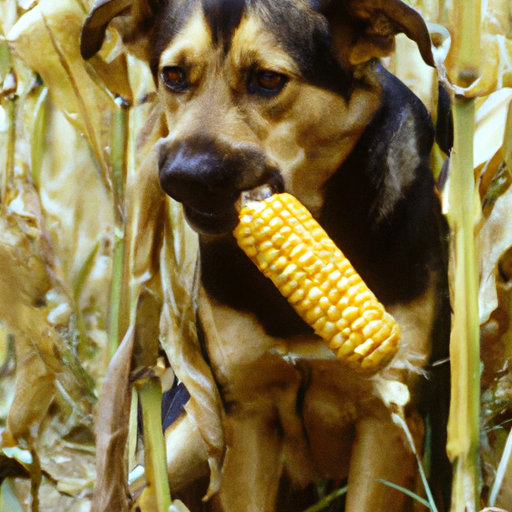As a loving pet parent, you may have come across unique behaviors in your furry friend that left you scratching your head. One of those behaviors is what enthusiasts often refer to as ‘cobbing.’ If you’ve ever wondered, why do dogs cobb?, you’re not alone.
In this comprehensive guide, we will delve into the reasons behind this intriguing canine behavior, its implications, and how you can respond.
- Understanding Cobbing
- Reasons Why Dogs Cobb
- Implications of Cobbing
- How to Respond
- Frequently Asked Questions
Understanding Cobbing
In animal behavior jargon, ‘cobbing’ refers to a dog’s tendency to rub its nose or face against a person or another animal. Dogs also often cobb against objects, such as furniture or their own beds.
This behavior is not unique to dogs; cats, for instance, are known to display similar actions. If you’ve ever witnessed your pet dog or cat rubbing their face against you or an object, you’ve seen cobbing in action.
The term ‘cobbing’ is believed to have originated from horse behavior, where horses were observed to rub their heads or necks against people or objects. This behavior in horses is also referred to as ‘cobbing.’
Reasons Why Dogs Cobb
There are numerous reasons why dogs may engage in cobbing. The table below summarizes these reasons:
| Reason for Cobbing | Description |
|---|---|
| Affection | Dogs often cobb as a sign of affection or bonding with their owners. This behavior may also be a way for dogs to seek physical contact or comfort. |
| Marking Territory | Dogs have scent glands in their faces, and by cobbing, they may be marking their territory by leaving their scent on objects or people. |
| Itching | Dogs may also cobb to relieve an itch on their faces or bodies. This could be due to allergies, fleas, or other skin conditions. |
It’s important to note that the reasons for cobbing can vary depending on the specific dog and their circumstances. For more detailed insights, check out this informative article about dogs’ behavior.
Implications of Cobbing
While cobbing is generally a harmless behavior, if done excessively, it may indicate an underlying issue, such as skin irritation, allergies, or stress. Thus, it’s crucial to observe your dog’s behavior and consult with a vet if you notice any changes.
For more information on the implications of cobbing, you can visit this page on One Top Dog’s website.
How to Respond
If your dog is cobbing out of affection or to mark territory, there is usually no cause for concern. However, if your dog is cobbing due to itching or discomfort, it’s crucial to address the underlying issue.
Here are some steps you can take:
- Check for fleas: Dogs can get fleas from other animals or from the environment. Regular flea checks and treatments can help prevent infestations.
- Consult a vet: If your dog’s cobbing seems to be due to discomfort, consult a vet. They can help identify the cause and recommend suitable treatments.
- Provide comfort: If your dog is cobbing as a form of seeking comfort, do your best to provide a safe and comfortable environment for them.
To learn more about how to respond when your dog cobs, head over to this useful guide on One Top Dog.
Frequently Asked Questions
Q: Is cobbing a sign of affection?
A: Yes, cobbing can often be a sign of affection. Dogs may cobb against their owners or others in the household as a way of bonding or showing love.
Q: What should I do if my dog is cobbing excessively?
A: If your dog is cobbing excessively, it may be a sign of discomfort or distress. It’s important to consult with a vet to rule out any potential health issues.
Q: Can cobbing be harmful to dogs?
A: Generally, cobbing is not harmful. However, if it’s due to an underlying issue like skin irritation or allergies, it can cause discomfort for the dog. In such cases, it’s essential to seek veterinary advice and treatment.
Q: Can I train my dog to stop cobbing?
A: While it’s possible to train dogs to stop certain behaviors, it’s important to remember that cobbing is a natural behavior for dogs. If the cobbing is not causing any harm or distress to the dog or others, there may be no need to stop it. For more information on training dogs, you can check out this page on One Top Dog.
In conclusion, understanding why dogs cobb and how to respond can deepen the bond between you and your furry friend. Always remember, good pet parenting involves understanding, patience, and love.



